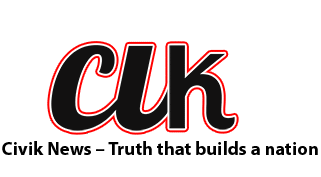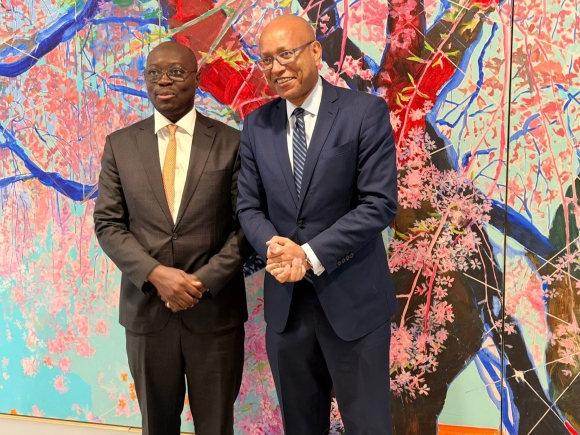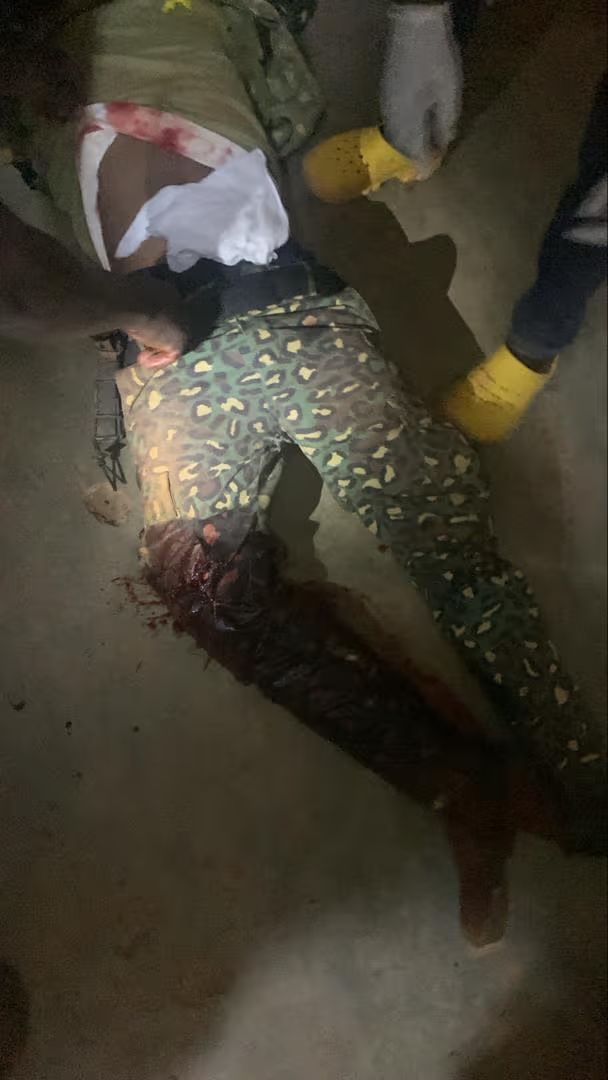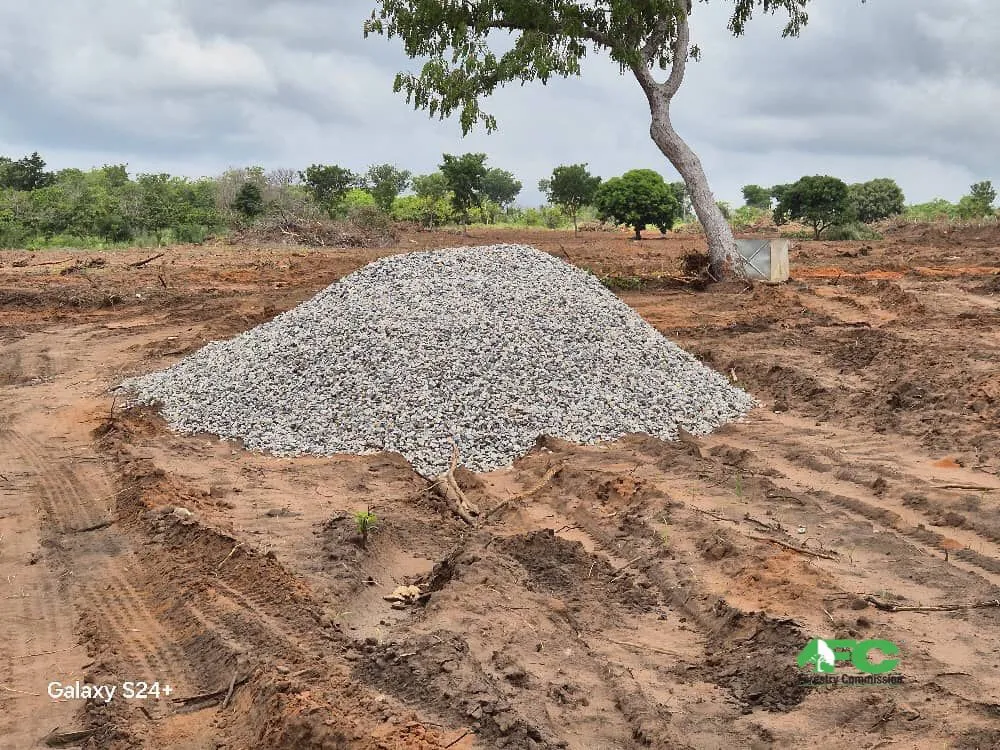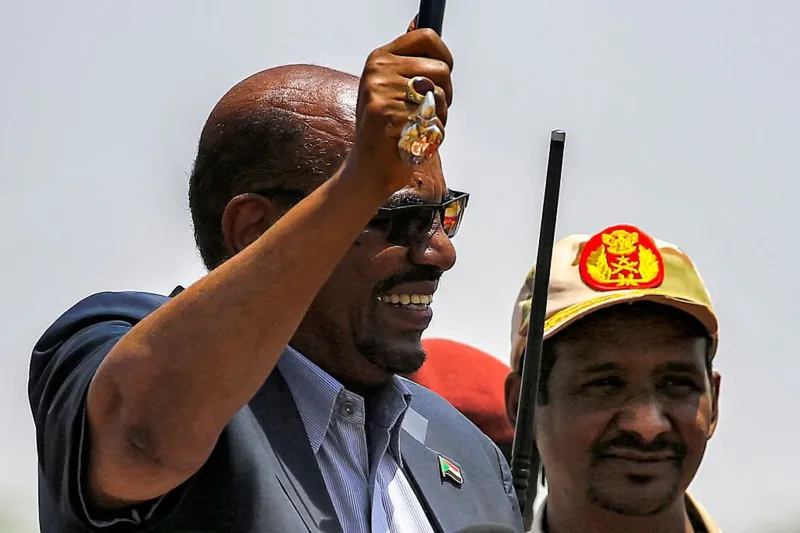As part of Ghana’s efforts to bolster agricultural growth, the government is currently finalising a comprehensive Oil Palm Plantation Policy, after having discussions with the International Finance Corporation (IFC).
Following a meeting with Ethiopis Tafara, the IFC’s Regional Vice President for Africa, on Friday, October 17, 2025, Finance Minister, Dr. Cassiel Ato Baah Forson, disclosed that the policy is slated for inclusion in Ghana’s 2026 Budget.
In a Facebook post on Saturday, October 18, 2025, Dr. Forson highlighted that the meeting explored potential avenues for IFC’s support in advancing Ghana’s developmental priorities, with a particular focus on the agriculture sector.
He noted that the upcoming oil palm policy forms part of a broader national plan to make agriculture a key source of jobs, growth and industrial development.
“The potential is enormous. With the right investment and partnerships, we believe Ghana can create over 500,000 jobs across the value chain, from cultivation and processing to manufacturing and exports, through the development of these strategic crops,” he said in his post.
Dr. Forson further wrote that government is liaising with the World Bank, IFC and other development partners to attract funds and encourage private sector involvement since agriculture transformation on the large scale is capital intensive and requires long-term financing.
“I also emphasised that such large-scale agricultural transformation requires patient capital, and we are therefore working closely with the World Bank, IFC, and other development partners to mobilise financing and catalyse private sector participation,” he added.
